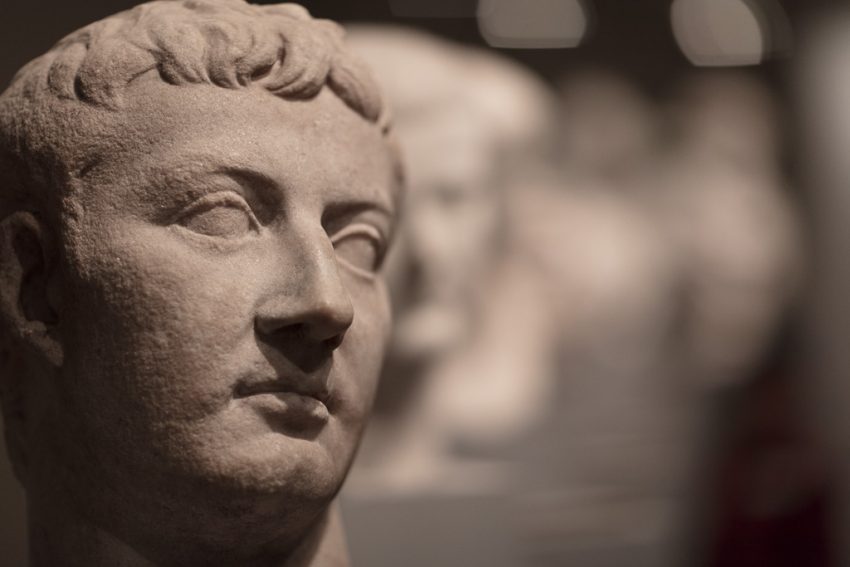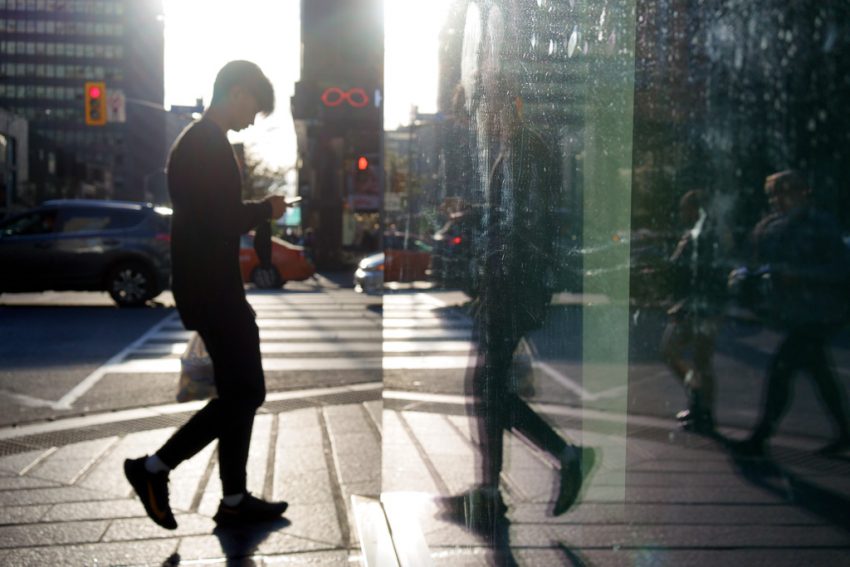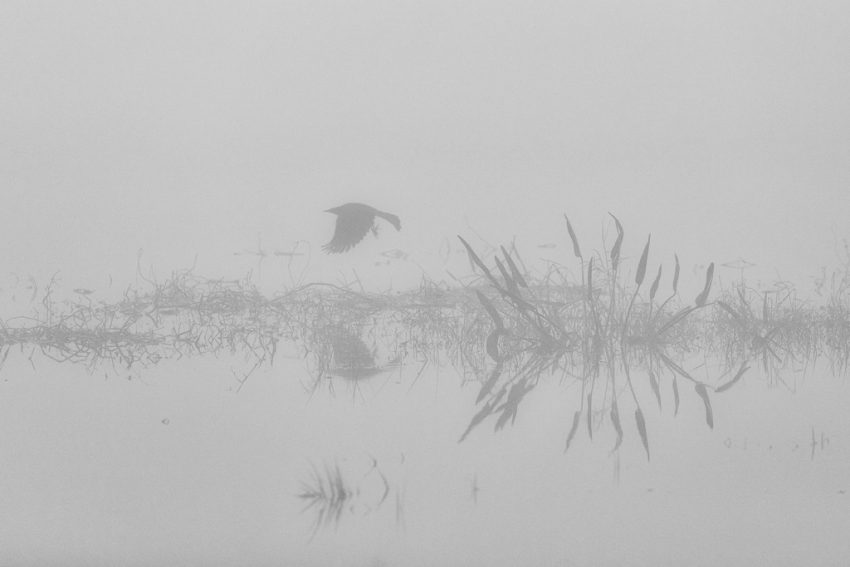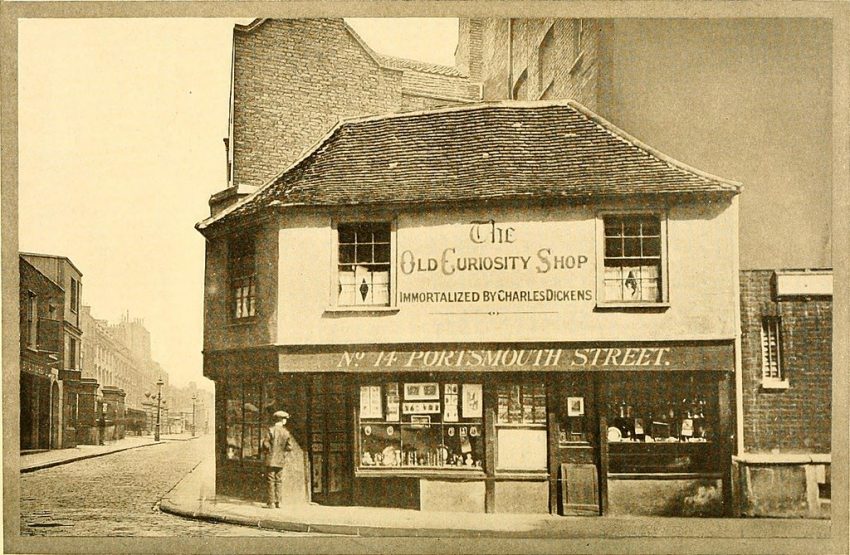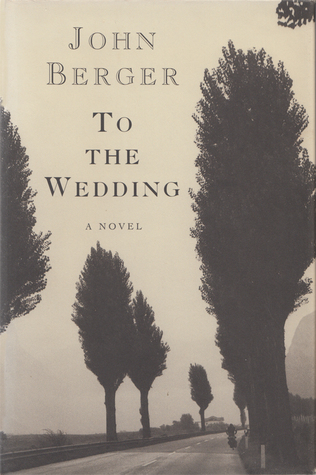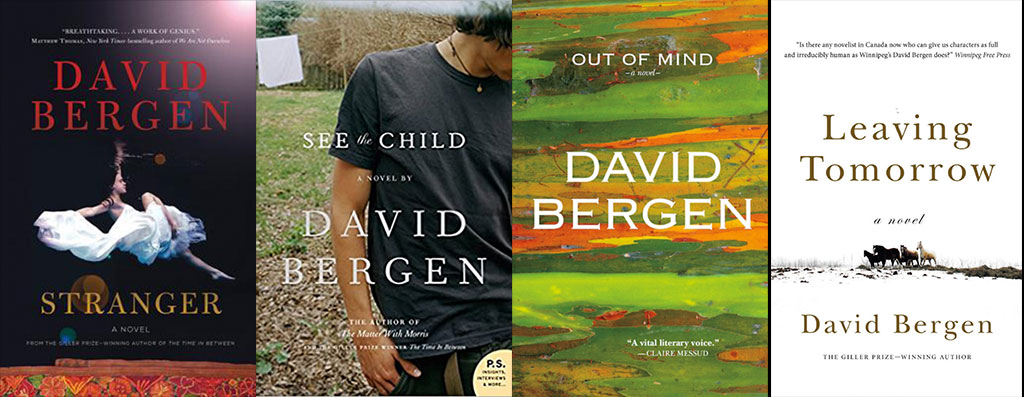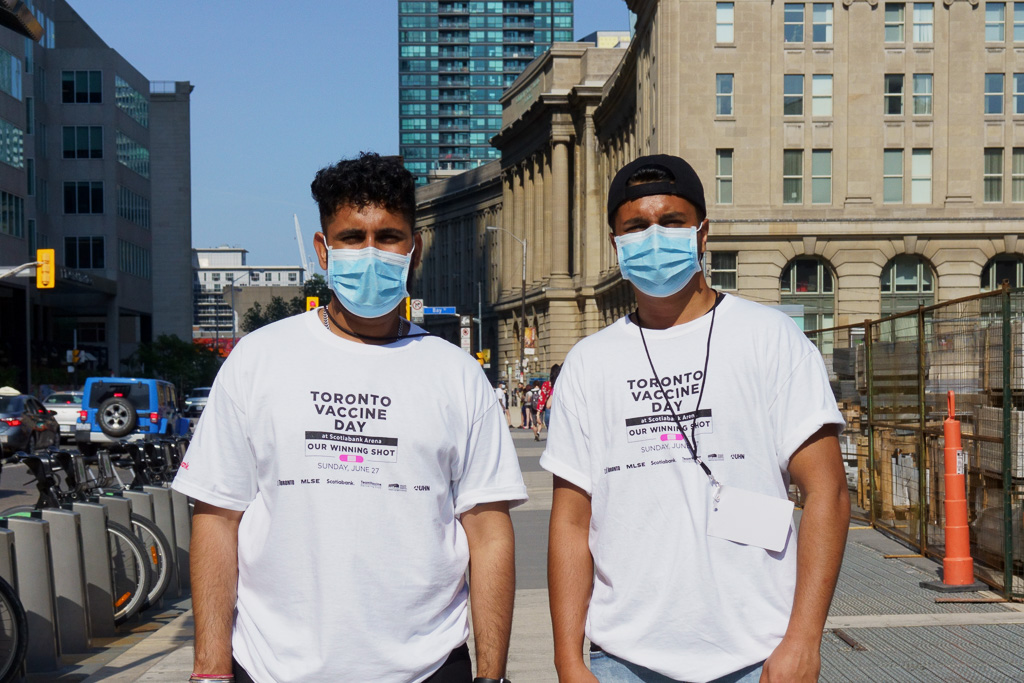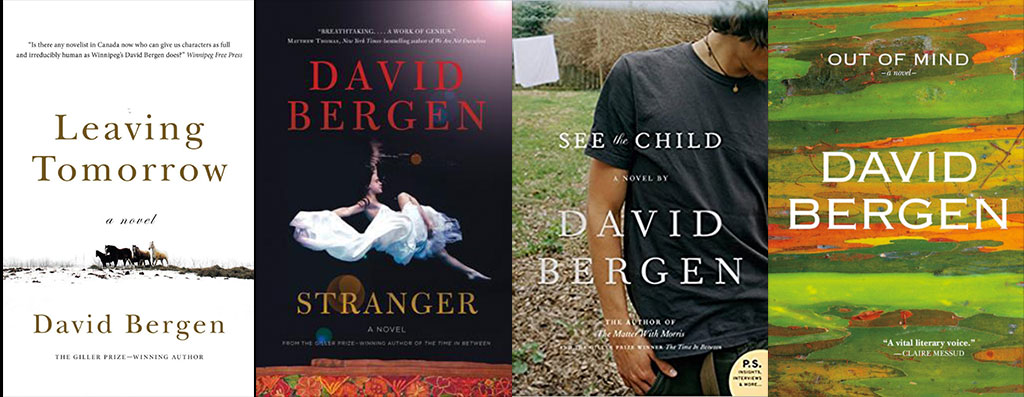Reading A Mouthful of Air, by Anthony Burgess, I finally reached the chapter titled “Should we learn foreign languages?” By “we” he means unilingual people who speak English. And by “foreign” he means anyone who wasn’t born into an English-speaking household. Although the question could be read as contentious, I think Burgess means something more benign. In a…
Category: Head
The category, Head, is for posts that make us think.
The Remains of the Day: natural heir to The Good Soldier
I offer the following remarks about Kazuo Ishiguro’s The Remains of the Day in close proximity to my earlier remarks about Ford Madox Ford’s The Good Soldier because the two novels feel like companion pieces. They deserve to be read together. The butler of a once-great English house takes the idea of English reserve almost…
Ford Madox Ford: The Good Soldier
I’ve intended to read The Good Soldier for some time because it ends up on all those top 100 lists. I’ve always been skeptical of those lists as they tend to come from anglo portals like The Guardian and their mere existence raises questions about process. I imagine a coterie of silver-haired pipe-smoking waning white…
Divided Consciousness in Maggie O’Farrell’s novel, Hamnet
While reading, I frequently catch my mind in the act of wandering off. I call it back to the text: Focus! damn you. Self-recrimination is an integral part of my reading experience. I compare myself unfavourably to history’s great readers. Samuel Johnson would never have let his mind wander off like this. Surely Northrop Frye…
New Clothes for a Worn-out Story: Where the Crawdads Sing
My reading life is full of coincidences. Last month I read The Old Curiosity Shop. A month later, I find myself reading what I take to be Charles Dickens time-traveled and teleported into 21st century North Carolina. What that means is that, while Delia Owens’s Where the Crawdads Sing is a good novel, it doesn’t…
Reading Timothy Findley’s Headhunter during a Pandemic
I have a special pile of books, purchased with the best of intentions, which nevertheless go unread. What lurks in the background is, perhaps, a species of gluttony. I want to read everything. I want to swallow it whole, digest it, ruminate until I pass it into my second stomach, break it down and draw…
Books By Authors I Hate: The Old Curiosity Shop
Another author whom I willingly read even as I claim to despise his writing is Charles Dickens. Here, my distaste is not specific to Dickens but directed generally at Victorian novelists and, because it is directed generally, is more obviously a function of taste than of an objectively grounded theoretical claim.
Pale Rider & The Pull of the Stars: Two Books on the Spanish Flu
Pale Rider: The Spanish Flu of 1918 and How it Changed the World, Laura Spinney (London: Vintage, 2017) The Pull of the Stars, Emma Donoghue (Toronto: HarperCollins, 2020) Published in 2017, Laura Spinney’s historical investigation of the 1918 pandemic could not have anticipated what was to follow in three years. And yet Spinney notes that…
To The Wedding, by John Berger
Berger’s writing has a quality about it that I call opacity. It is language that conceals as much as it reveals. It is the opposite of hashtag writing or search engine writing, irreducible in a way that algorithms can never parse.
Making Poetry in a Pandemic: We Are One
When I cracked open the book and started in on George Melnyk’s forward, I was a bit startled to read his confession that “[t]his book contains poems of great sophistication and it also contains doggerel.”
Book Review: Black Paper, by Teju Cole
This is a collection of short pieces—a follow-up act to Known and Strange Things—organized around the three pieces which form the Berlin Family Lectures. It’s natural, when reading a collection of disparate pieces, to seek for a sense of coherence, thematic threads that you can draw from cover to cover (apart from the obvious thread…
Four More Novels by David Bergen: Out of Mind
More than 10 years after the publication of The Matter with Morris (2010), David Bergen has revisited the characters from that slender novel to create a slender companion, Out of Mind. Taken together, the two novels offers us a single substantial portrait of middle-class life in the early 21st century.
Everybody: A Book About Freedom, by Olivia Laing
Olivia Laing begins by posing questions and conducts a meandering investigation, associative in approach and aleatory in feel, that is not driven by pre-determined suppositions she feels compelled to prove but instead is lured on by a restless intellectual curiosity.
Four More Novels by David Bergen: Stranger
In a time when the Black Lives Matter movement and anger around Residential Schools have thrust issues of identity and histories of colonial oppression into the foreground of public conversation, the question arises as to the function of the arts in this regard. Are the arts yet another forum for public conversation? If so, who gets to speak? And what are the rules?
Four More Novels by David Bergen: See The Child
See The Child falls squarely within the commercial realist fold, and David Bergen is one of its great stylists.
